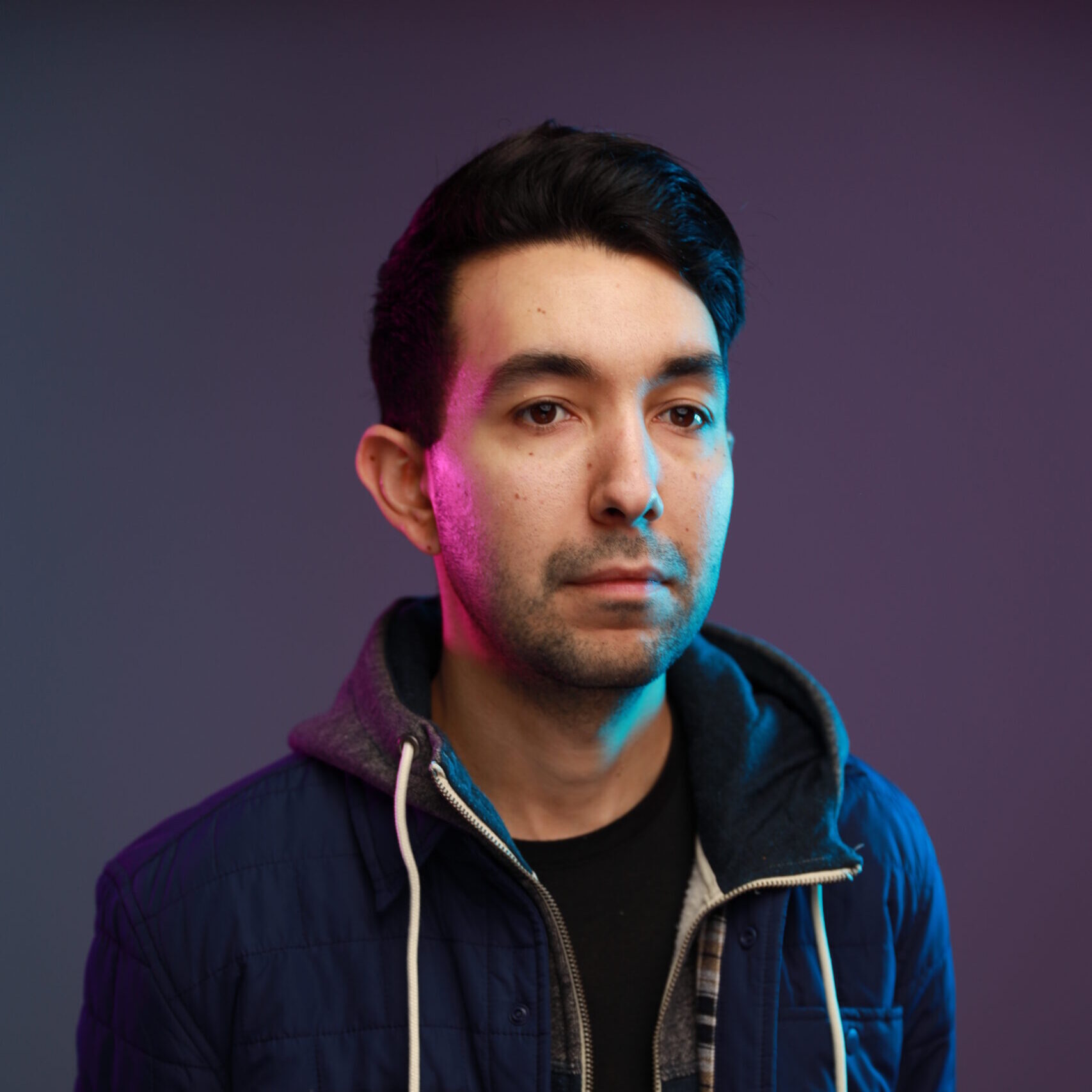In an alternative 1987, a disease ravages human memories. There is no cure, only artificial recall. The lucky ones, the recollectors, need the treatment only once a day.
Freya Izquierdo isn’t lucky. The high school senior is a “degen” who needs artificial recall several times a day. Plagued by blinding half-memories that take her to her knees, she’s desperate to remember everything that will help her investigate her father’s violent death. When her sleuthing almost lands her in jail, a shadowy school dean selects her to attend his Foxtail Academy, where five hundred students will trial a new tech said to make artificial recall obsolete.
We spoke with author Julian R. Vaca about his novel, The Memory Index, the sequel of which comes out in April 2023. This interview has been edited and condensed for clarity.
What inspired your sci-fi book? Are there other books or movies that you were inspired by?
I have been a lover of sci-fi since I was a child. While there isn’t one particular book or movie that inspired The Memory Index, I think what I consumed as a teen and young adult opened my eyes to the possibilities of writing in this genre. Movies like Back to the Future and E.T. and books like Ender’s Game really inspired me and fueled my imagination!
Why did you choose the 80s for this story?
I’ve been asked this a lot! Interestingly, it has less to do with picking a cool decade and more to do with storybuilding and worldbuilding. In 2023, a threat like Memory Killer (rapid, hyper memory loss) is far less of a formidable foe when smartphones are ubiquitous. I wanted to take the threat to an analog world and see what would happen.
Beyond that, the 1980s offer a wonderful, atmospheric sandbox to play in, and my debut is certainly atmospheric.
You mention that your book explores trauma and grief. Could you tell us more about those elements and why they are important in the book?
My wife and I were impacted by infant loss a few years ago when she lost one of our twins during her third pregnancy. The grief that came from that traumatic experience touched (and continues to touch) every corner of our lives. I began to experience what I call a grief dance: guilt for not being thankful enough for Lennox, our twin who survived, and then another, deeper guilt for feeling I wasn’t grieving enough for Lyvia.
It was important for me to use that kind of language in the book so readers could feel the weight of Freya’s reality. My hope was to have her story and characterization resonate with readers who’ve shared similar grief journeys, and perhaps educate readers who haven’t.
Grief gnaws at us all in very different ways. Sooner or later we must all reckon with it, not so that it can be “fixed,” but so that we might endure.
The sequel to the book is coming out in April 2023! Did you plan to write a sequel from the beginning, or did the idea for a sequel fall into place over time?
You know, The Memory Index was actually pitched as a trilogy to my publisher. It was ultimately decided to turn the series into a duology, so the creative challenge then became whittling down the story elements and “killing my darlings,” as they say. Freya and the gang’s story is a complete arc across the two books. The Memory Index isn’t standalone.
What drew you to the YA science fiction genre?
Like with sci-fi, the young adult genre offers so many possibilities, and the readership is massive. Folks who read John Green, David Arnold, and Jeff Zentner are also likely to read Beth Revis and Melissa Albert! Dark academia, fantasy, sci-fi, contemporary coming-of-age, it’s all there. Plus, I’ve met more adults who read YA than young people who read adult fiction.
Beyond that, casting my characters as teens was critical to the story for one main reason, but I can’t divulge that here, as it’s a spoiler.
Is there anything else you would like our readers to know about you and your work?
You can follow me on Instagram and Twitter, and be sure to say hello! I love engaging with readers and fellow writers.


